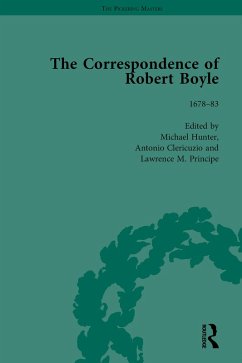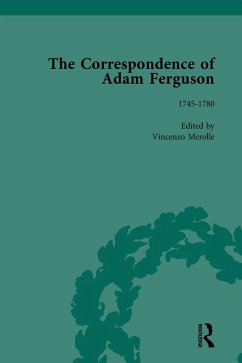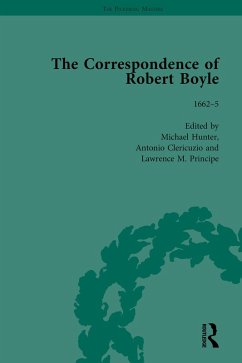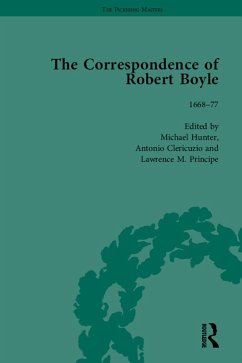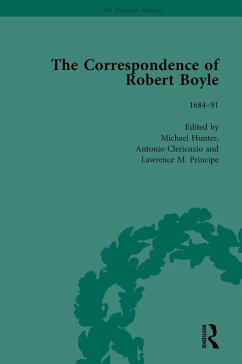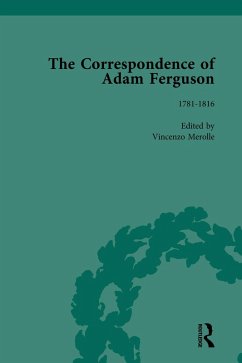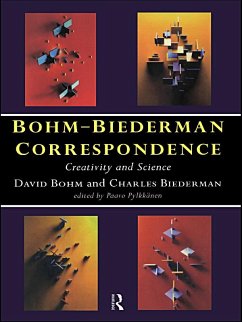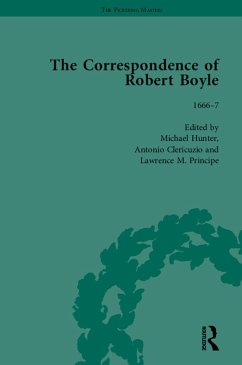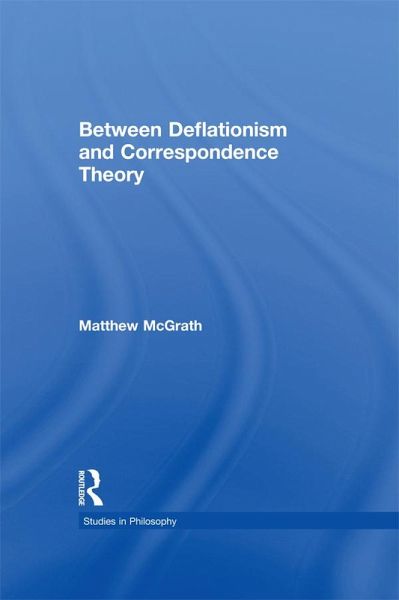
Between Deflationism and Correspondence Theory (eBook, ePUB)

PAYBACK Punkte
12 °P sammeln!
McGrath argues for an original truth theory that combines elements of two well-known philosophical theories--deflationism and correspondence.
Dieser Download kann aus rechtlichen Gründen nur mit Rechnungsadresse in A, B, BG, CY, CZ, D, DK, EW, E, FIN, F, GR, HR, H, IRL, I, LT, L, LR, M, NL, PL, P, R, S, SLO, SK ausgeliefert werden.




